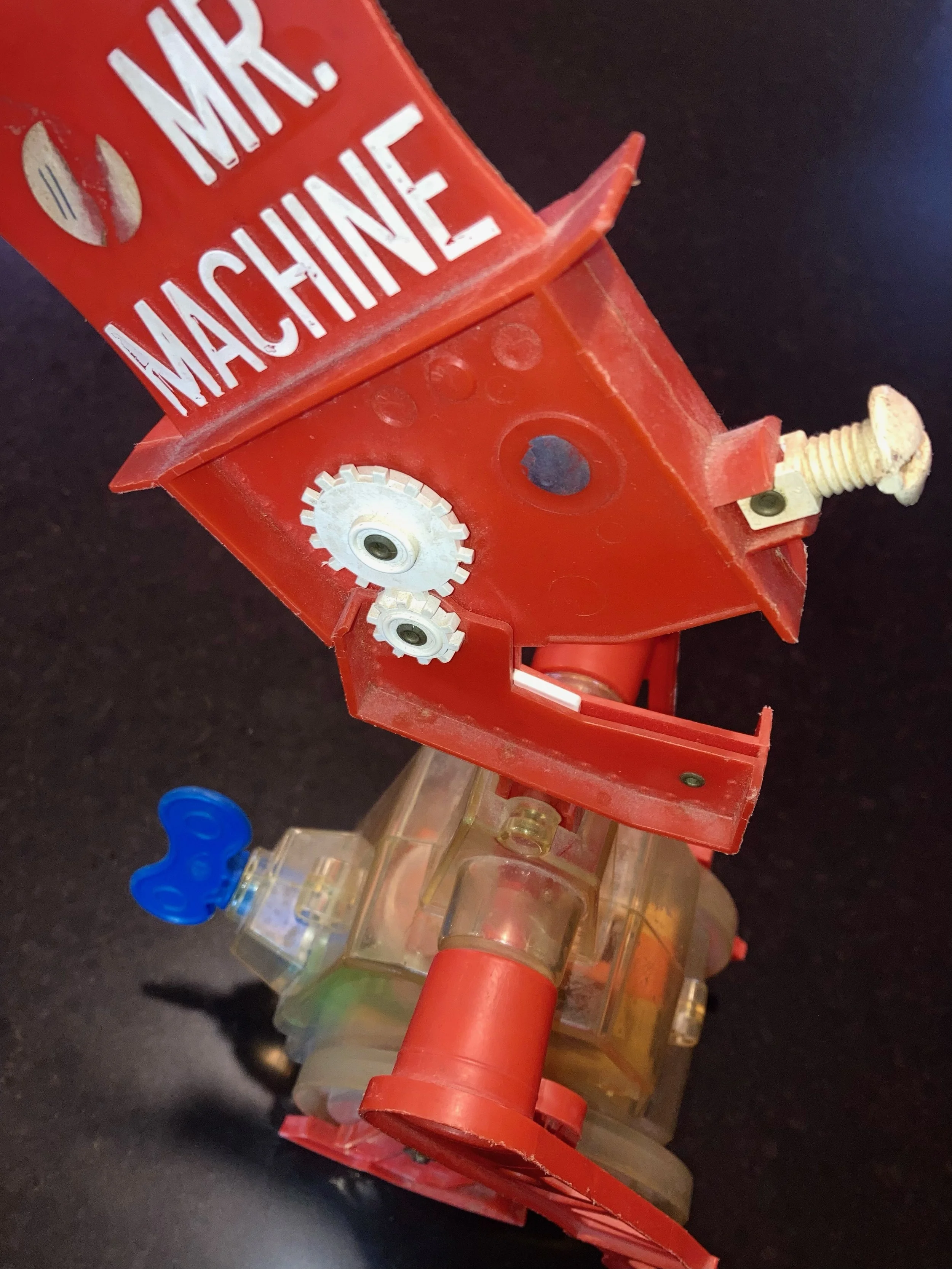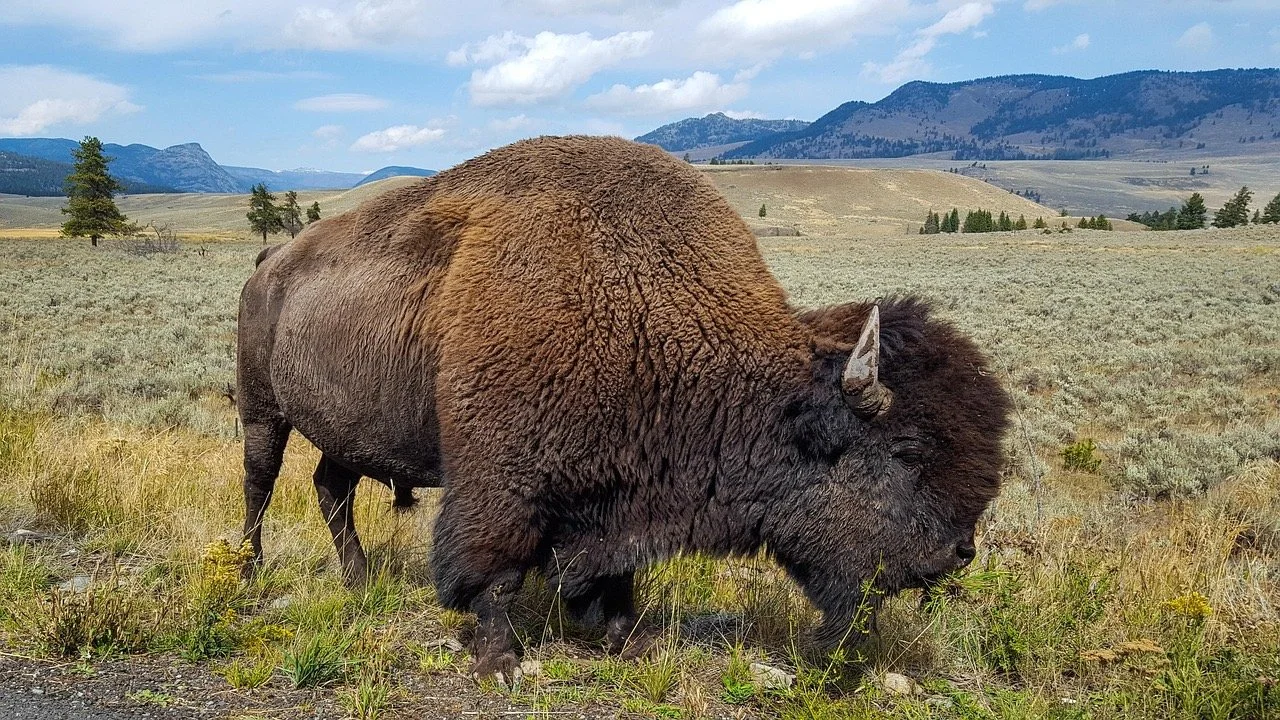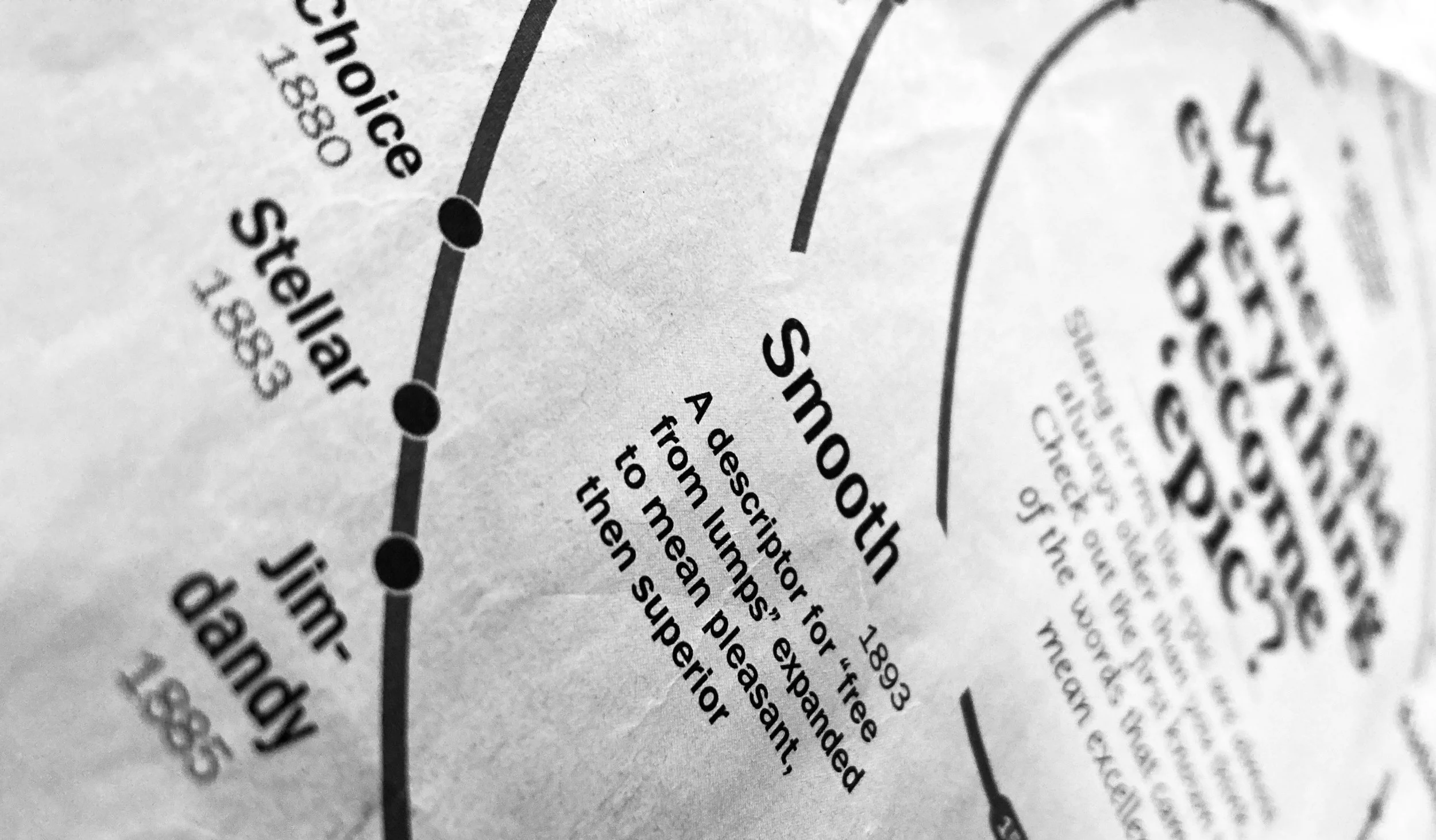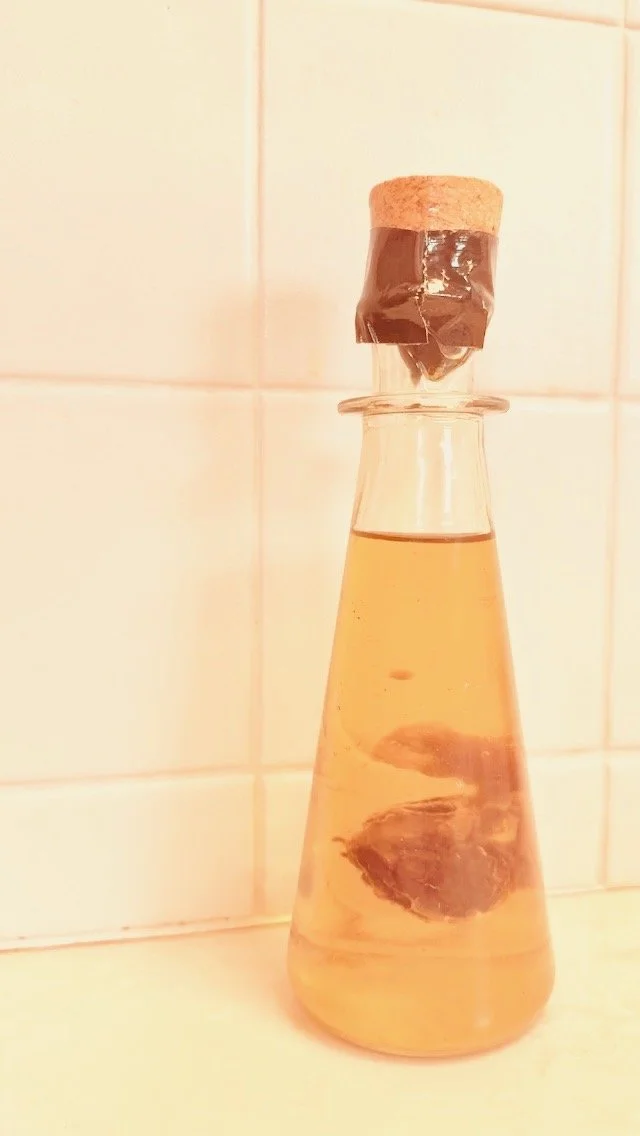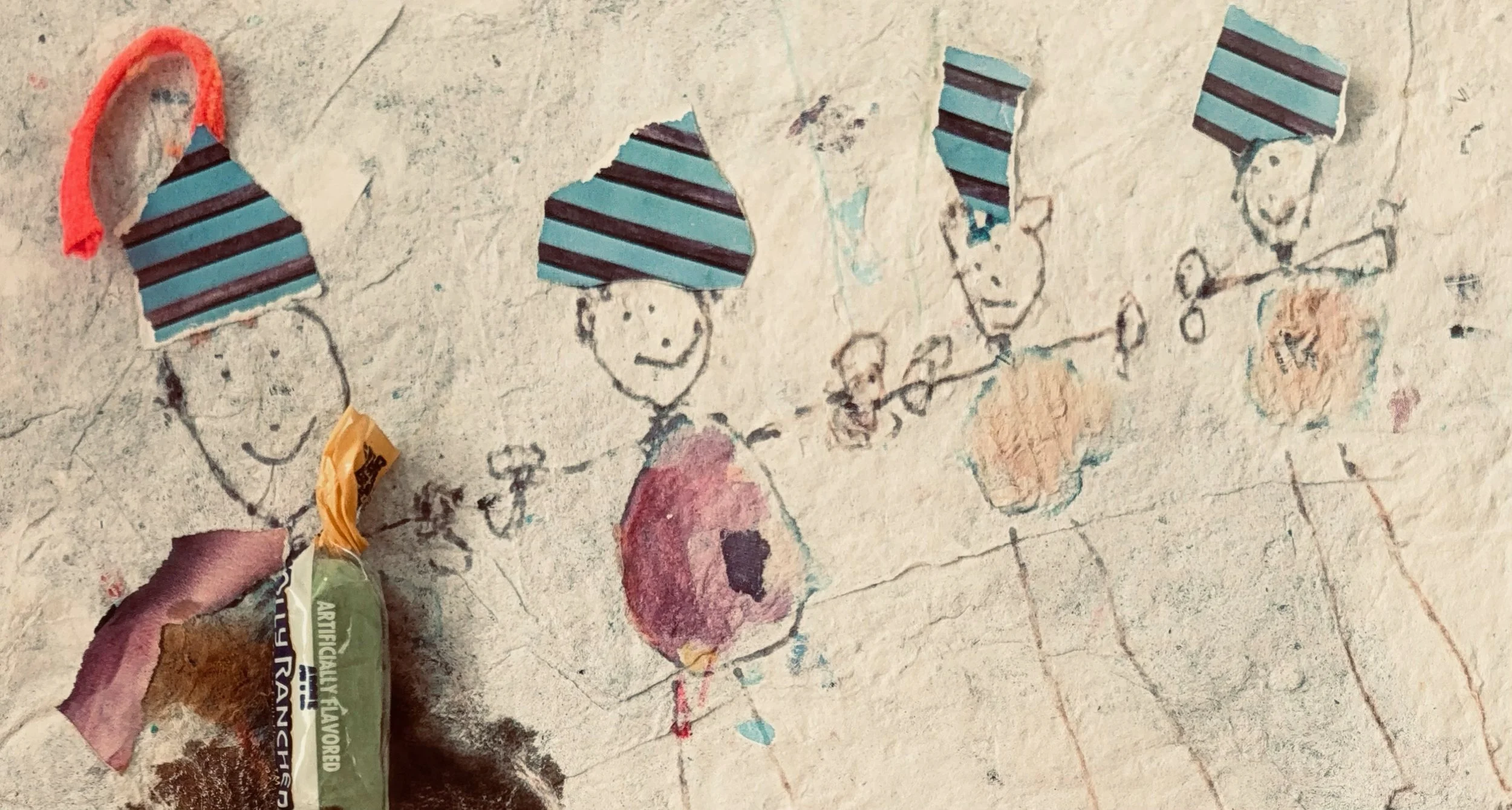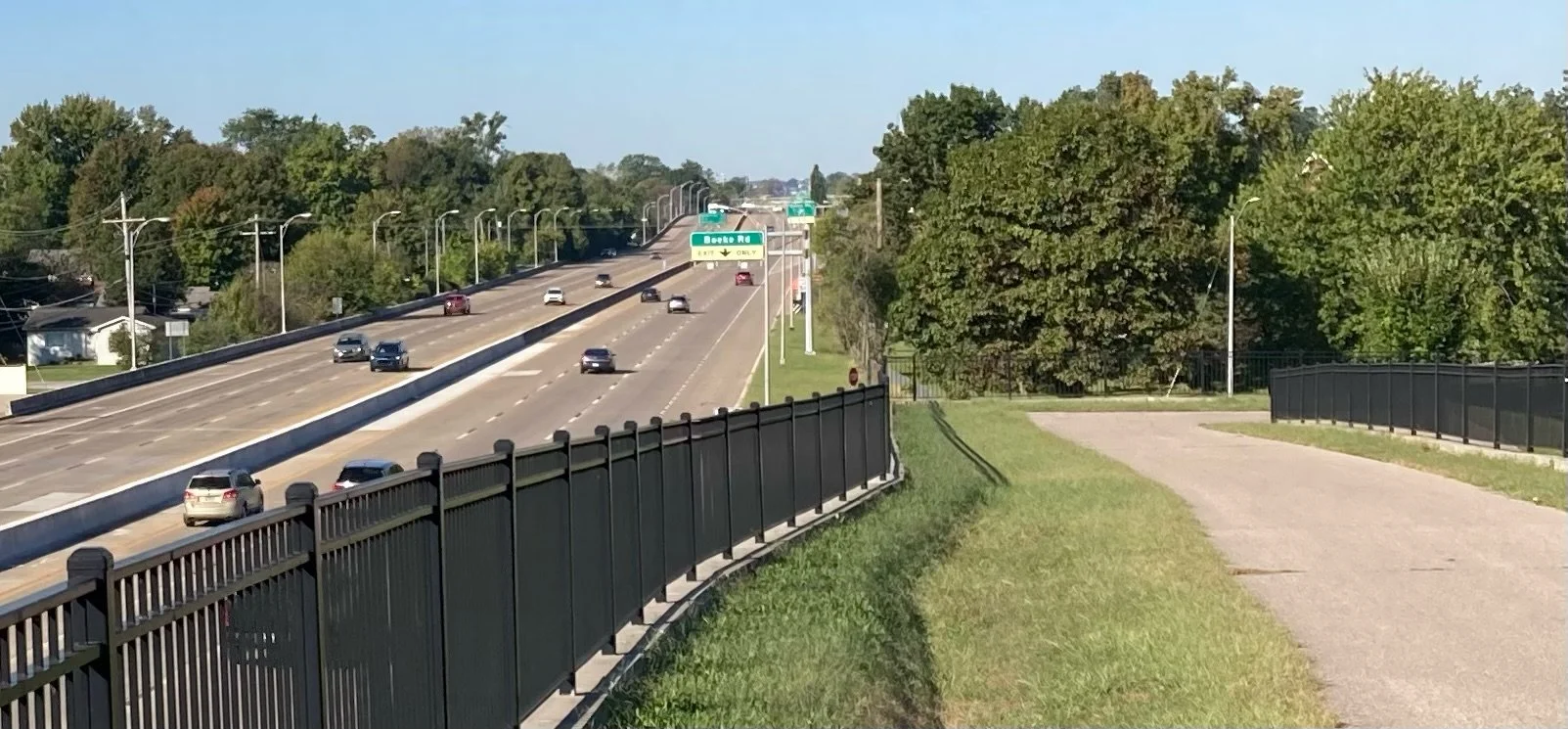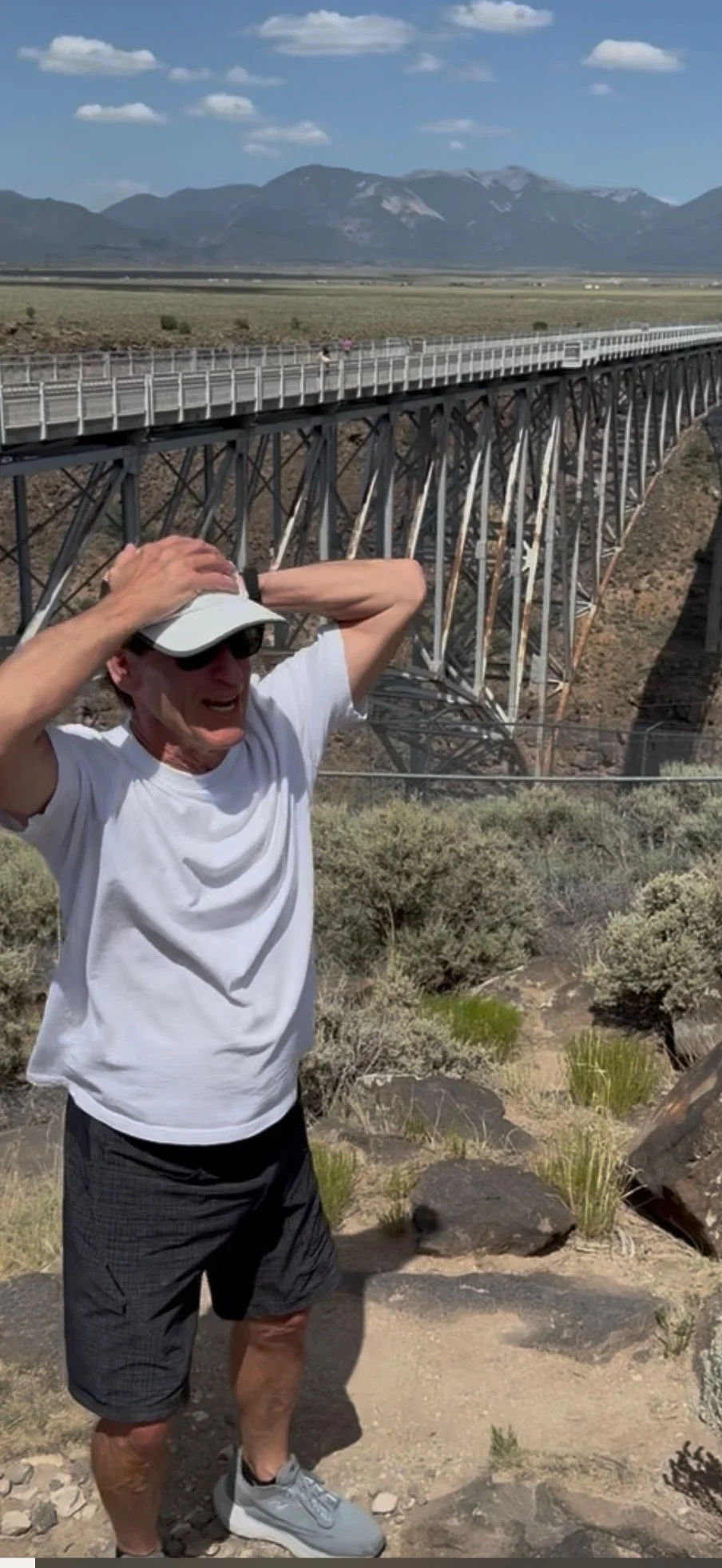Every year about this time I make a series of observations that could only be made in the middle of winter. I found that in the winter, when we are waiting for the sun to peek through, waiting for some evidence of incentive to take root, waiting for our cold to get better, what we are really are waiting for is for winter to just go away.
By February everyone has reached their threshold of good books to read. Kids have long since tired of their Christmas presents, and we adults are making another run to Target for moisturizer for our dry skin. Time seems to have the upper hand, and at least in my observation, we are on a slippery slope our ambitions and the salt on our cars. We are straying towards the middle here – not paying attention to a burner on the stove that we left on three hours and fifteen minutes ago. We are in the midst of our drift.
You may remember the imaginary friend I have named Charlotte. She is a neighbor I imagined as a bear with long claws out from her winter hibernation, trying to catch a salmon with her bare hands as she tired of her own sluggishness. Truthfully, that could be any of us in winter, falling prey to a kind of sleep-walking with no recollection of a beginning and no foreseeable future. Like Charlotte we have also wandered out our front door, onto the boulevard of winter. We are out there in our pajamas reaching over the curb for a nugget of Spring. We won’t have any memory of being out there even though our slippers were soaking wet when we come back in.
When Spring finally gets here several months from now, a neighbor will stop us and ask, “Say, were you out in the street in your pajamas last February?” We won’t have any memory of it at all. We were drifting then, out in the middle of our winter sea, in the doldrums where there is no sign of life, and conversations are barely audible. Out there, complacency has tipped the scales into a fog of disorientation. There are no salmon, really, and as the great songwriter Paul Simon would say we have gone “soft in the middle.”
Many years ago, under this sort of anesthesia, I bought a toy robot called Mr. Machine at an antique show. Mr. Machine was a wind-up robot who moved by a system of gears that could be seen through his transparent casing. You could see exactly how he was put together, how the science of his motion worked, the miracle of energy transfer and the marvel of momentum. The guy who invented Mr. Machine, Rube Goldberg, is now synonymous with absurd chain reactions that materialize into equally absurd endings. One of his inventions was Mouse Trap, that board game where players build a nonsensical contraption with moving parts whose final trap cage drops on a mouse at the end of the game.
I immediately noticed that Mr. Machine had that same ridiculous playfulness, a sense of energy and color and silliness. He had a tall, formal top hat on, wide alert eyes, and a grin that had an air of wonder and foolishness. Although his plastic body had yellowed, the inner gears still looked in good condition, as did his bell and whistle that stood ready to sound. I decided to take a chance on this stately character and soon had him unboxed on my kitchen table at home, ready for a test run.
However, as I wound up the large toggle on his back, I could feel an uneasy tension as if one more turn might cause something on Mr. Machine’s insides to snap. In fact, when I let go Mr. Machine did not move at all, but stood frozen, staring into deep space like a guard at Buckingham Palace, unflinching and catatonic. I could see that the gears were all lined up, engaged and ready, but still, nothing moved. I thought perhaps this was just part of his modest character, shy and self-deprecating.
Mr. Machine was, after all, showing some history through his plastic skin. I gave the big red toggle another spin and fully expected the toggle to break off in my hand. Instead, a thin green lever began to advance inside his body, and a yellow widget moved and tugged at his wheels, and then there was a CRRRRRREEEEK like a rusty door hinge and another gear dropped, pressed down and engaged his two oversized wheels. He rolled forward a few inches, and then a few more. His accordion-like tube contracted inside and a wheeze came out of him like a train you hear off in the distance in the middle of the night.
Mr. Machine’s components were waking, and his mouth widened from corner to corner on his thin face. I think he might have been asking for help, because he looked pale and wobbled as if he might lose his balance. His seemed to be asking me for a sip of water, but no words came out, none at all. Instead, the robot went through a series of twitches and flinches, rolled forward and stopped. I think it was just a couple of teeth on a gear that caught and stuck, yet everything about Mr. Machine went still.
I thought as an exercise of patience I might get up and make a cup of hot tea, bring it back to the table and wait for him to move again. This was the middle for me, the waiting, not the beginning and not the end, so I drank my tea, warmed my hands and watched for the insides of Mr. Machine to begin turning again. There was a big heart in there, I knew it, and after all, he had made it halfway down our kitchen table. He was trying to figure something out, something that would empower him to get going, to creak and whiz and jingle again.
We cannot be certain exactly when our gears will engage again can we? We began this season a long time ago, like Mr. Machine did, when our gears were loose and oily, and now those working parts are in the middle of hard, brittle plastic, trying to get going. This time is slow, but we are working through it, our drift, our indeterminant complacency, the fog of our disorientation. There is probably one ornery part, one stubborn gear – maybe one tooth on a gear that is keeping us stuck and is causing a glitch in our mechanism.
There is no telling when the shift might occur, when the sound of a click will indicate that the parts are moving again and we can get out. This is the doldrums where we are soft in the middle, but we keep listening for it, the one tick, the one move that will kick in and get us from here to there.
A few days later as my wife and I ate our comfort food at dinner, we made small talk about how dry our skin was and the advantages of one moisturizer over another. The color of the sky outside had been the same all day with the same kind of light and the same kind of darkness. When I got up to clear the table, I thought I heard something click inside Mr. Machine.
I turned to see a bright green spring unwind up near Mr. Machine’s neck. From there, on this day of winter, his entire attitude perked up. Another gear caught hold and one yellow arm came forward and went back and then the other one too. I heard the wheeze of his whistle whizzing, and a loud, boisterous bell sounded loudly and inappropriately for a robot of his age. I could have sworn Mr. Machine said excuse me too, but instead, Mr. Machine, the stiff toy from Buckingham Palace began to break a smile, tiny at first, but his wheels turned and he moved forward, and his smile became a huge grin that broke out from ear to plastic ear. He rolled past my wife, yes he did, who moved her plate so he could get by, and he passed right over the middle of our kitchen table, slightly left of center, but towards the end. If it weren’t for the tuna casserole dish, which he ran into, Mr. Machine would have ran right off the end of the table, but he stopped and his bell vibrated to a stop, and the gears all fell back into balance. The clear ribbed tube inside, like a giant lung, contracted and his sleepy wheeze carried out over our kitchen, up above the smell of the tuna casserole. Maybe it was the sound of Mr. Machine falling asleep, drifting like we do in winter, but it may have been the sound of a train, like the one you hear off in the distance, in the middle of a winter night.

